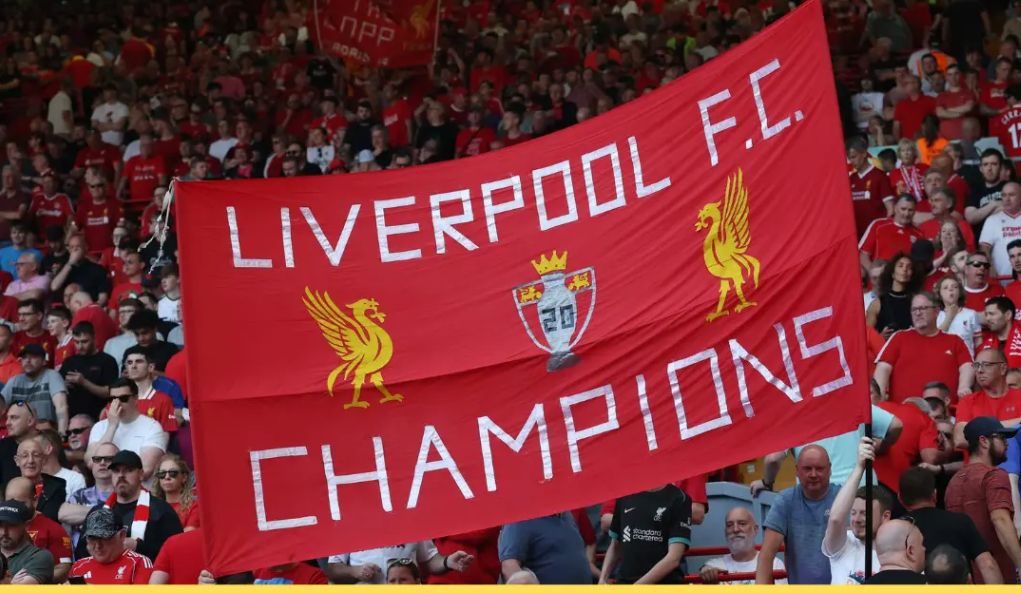
In the future, players like Alexander Isak might have the option to depart their clubs by paying a predetermined fee, according to insights from football finance analyst Dan Plumley. Speaking to a sports news outlet, Plumley suggested that a legal challenge against FIFA could dramatically alter the sport’s power structure.
The case draws attention due to a ruling involving former Chelsea, Arsenal, and Portsmouth midfielder Lassana Diarra. After terminating his contract with Lokomotiv Moscow just one year into a four-year agreement, FIFA mandated that Diarra pay his former club €10 million (£8.7 million), as reported by a leading newspaper.
Alexander Isak, pictured in a potential Liverpool kit, has expressed a desire to join the Merseyside club this summer. (Credit: Manh Tung, Breaking Media)
However, following his appeal to the European Court of Justice (CJEU), the court determined that certain FIFA regulations restricting a player’s ability to negotiate with another team after ending a contract unilaterally violate EU laws on free movement and competition.
A collective legal action, initiated by an organization named Justice For Players, is now pursuing billions in compensation, citing FIFA’s restrictive transfer policies as the basis for their claim.
Comparison to the Bosman Ruling
This piece includes exclusive commentary from Dan Plumley, a football finance expert and senior lecturer at Sheffield Hallam University.
Under existing FIFA guidelines, players are barred from leaving their clubs unless their contracts expire or a transfer fee is paid by a new team.
Yet, the CJEU’s decision might align football transfers more closely with other industries, where individuals can exit employment mid-contract under certain conditions.
Newcastle United’s pre-season preparations have been disrupted by Alexander Isak’s absence. (Credit: Hasan Karim, Breaking Media)
This shift could potentially allow a player like Isak to join Liverpool without the usual prolonged transfer negotiations. If Isak opts not to play for Newcastle this season, breaching his contract, the proposed rule changes might enable the Swedish forward to sidestep the current controversy by simply declaring his intent to move.
Plumley shared with the outlet: “This situation is fascinating. Looking at the potential outcomes and the progress of this case, it’s a game-changer.
Some are drawing parallels to the Bosman ruling of 1995, which could mark the most significant change in decades.
At its core, a victory for the players here could redistribute power from clubs to players in the transfer market, echoing the shift we saw 30 years ago—but with a much greater impact given today’s football landscape.
If players gain the right to leave at any point, not just as free agents, it’s conceivable that someone like Isak could decide to relocate, citing his newfound freedom to do so.
Alexander Isak played a key role in Newcastle’s Champions League qualification last season. (Credit: Imago)
We’re still unclear on the details and how this might be implemented legally, which will require careful drafting.
The financial implications remain uncertain, but this clearly points to a major rebalancing of power.
This would further empower players, prompting clubs to rethink their contract strategies and agreements. We might see a trend toward shorter contracts rather than long-term commitments, though much of this is still speculative at this stage.
It’s undoubtedly a move toward giving players more control.”
FIFA’s Plans for the Next Club World Cup
FIFA, often entangled in controversies, is now facing another issue alongside this massive lawsuit, this time concerning the upcoming Club World Cup.
According to a report from The Telegraph, Chelsea might be excluded from the 2029 edition as FIFA reevaluates its participation criteria.
Liverpool, who did not participate in the last Club World Cup, along with Barcelona, last season’s champions of England and Spain respectively, were notably absent, much to FIFA’s displeasure. (Credit: Imago)
The organization is considering expanding the tournament from 32 to 48 teams, though this proposal is likely to meet resistance from UEFA.
Leave a Reply